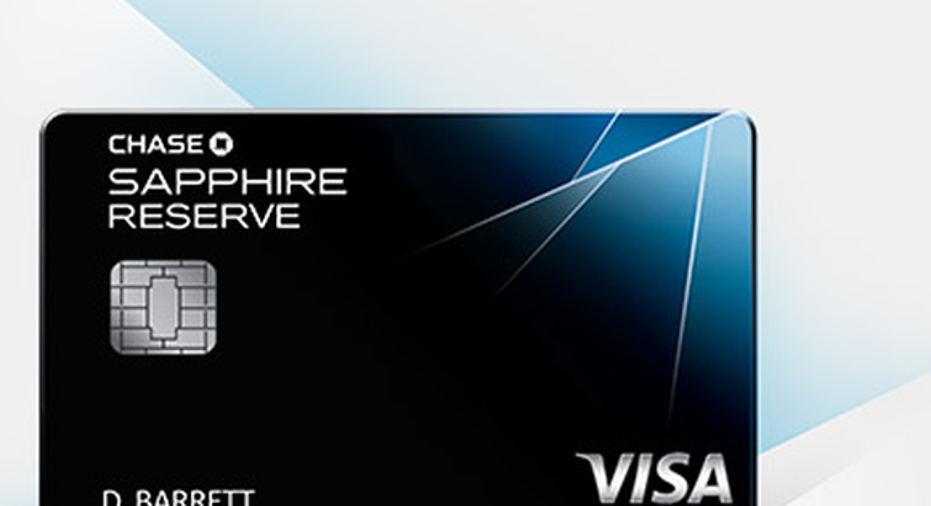Personal-Finance Tips for Millennials

Image source: Getty Images.
Millennials are moreentrepreneurial and willing to change careers than other generations, but they're still falling behind when it comes to saving for a rainy day and retirement. According to GOBankingrates.com surveys, 67% of millennials don't have any money stashed away for emergencies in a savings account and 42% of millennials haven't set aside a dime for retirement. If you're a millennial who is falling short of your personal finance goals, here are some tips to get yourself on track.
No. 1: Choose cash over credit
Credit card churning isa hot trend with millennials right now, but charging purchases to reap credit card rewards is risky business.According to risk-management services company Dun & Bradstreet, people spend 12% to 18% more when they use credit cards instead of cash, and since rewards cards encourage credit card spending, they may be exposing millennials to big financial risks down the road.
For example, Chase's Sapphire Reserve card is one of the most popular credit cards among millennials right now because it offers best-in-class travel rewards. Demand has been so high for this card that the company ran out of the special metallic cards it was issuing and has had to issue traditional plastic cards instead. TheSapphire Reserve's travel rewards include a $300annual travel reimbursement and a chance at 100,000 points worth $1,500 in travel, if booked through Chase's travel website.
Image source: JPMorgan Chase & Company
Those are attractive perks, but they come at a cost. The credit card charges a $450 annual fee, getting those 100,000 points requires $4,000 in spending within the first three months, and interest is charged onbalances that roll over from month to month.
Most millennials plan to avoid interest charges by paying off their balances in full every month, but as baby boomers and Generation Xers have learned the hard way, itdoesn't take much of an economic stumble to trip up that strategy.
If a job loss, illness, or injury strikes, then interest on your credit card balances could pile up quickly, zapping money that could otherwise be put into savings or retirement accounts. To make sure that doesn't happen to you, focus less on maximizing credit card spending to reap rewards, and more on budgeting and paying cash for your purchases.
No. 2: Put your credit score to work
A survey by credit-reporting bureau Experian finds that most millennials don't understand how credit scores are calculated, and that could be costing them money. A good credit score can save you tens of thousands of dollars over a lifetime because banks use them to determine how high your interest rate will be.
For example, myFICO, a credit score company, calculates that a person with a poor credit score will pay about $66,000 more in interest on a $200,000 30-year home loan than a person with a top-notch credit score.
Image source: myFICO
According to myFICO, the following categories are used to create your credit score:
- The length of your credit history.
- Your payment track record.
- Your balances as a percentage of your credit limits.
- The mix in types of credit you owe.
- The number of recent inquiries for new credit on your credit report.
Millennials can't do much about the length of their credit history, but they can control their track record, balances, credit mix, and the rate of inquiries. Staying on top of those categories should give your personal finances a big boost over time.
No. 3: Max out your retirement plan
According to theEmployee Benefits Research Institute, millennials are off to a slow start in saving for retirement. The average millennial in their 30s has socked away just $25,000 for retirement, or less than half what Fidelity Investments recommends having set aside at that age.
Contributing to retirement accounts can be hard when you're young, but millennials shouldn't underestimate the value of starting sooner, rather than later.Thanks to compounding interest, a 35-year-old with $25,000 can retire at 65 with a $600,000 portfolio by contributing $500 per month and earning a hypothetical 6% annual return. If they wait until 45, they'd need to invest roughly $1,180 per month to hit that target.
Tying it together
The payoff associated with making savvy money decisions when you're young can be big. Shunning credit cards, boosting credit scores, and maxing out retirement savings won't guarantee you financial freedom in the future, but they're a great place to start to get you on your way.
A secret billion-dollar stock opportunity The world's biggest tech company forgot to show you something, but a few Wall Street analysts and the Fool didn't miss a beat: There's a small company that's powering their brand-new gadgets and the coming revolution in technology. And we think its stock price has nearly unlimited room to run for early-in-the-know investors! To be one of them, just click here.
Todd Campbell has no position in any stocks mentioned. The Motley Fool has no position in any of the stocks mentioned. Try any of our Foolish newsletter services free for 30 days. We Fools may not all hold the same opinions, but we all believe that considering a diverse range of insights makes us better investors. The Motley Fool has a disclosure policy.



















